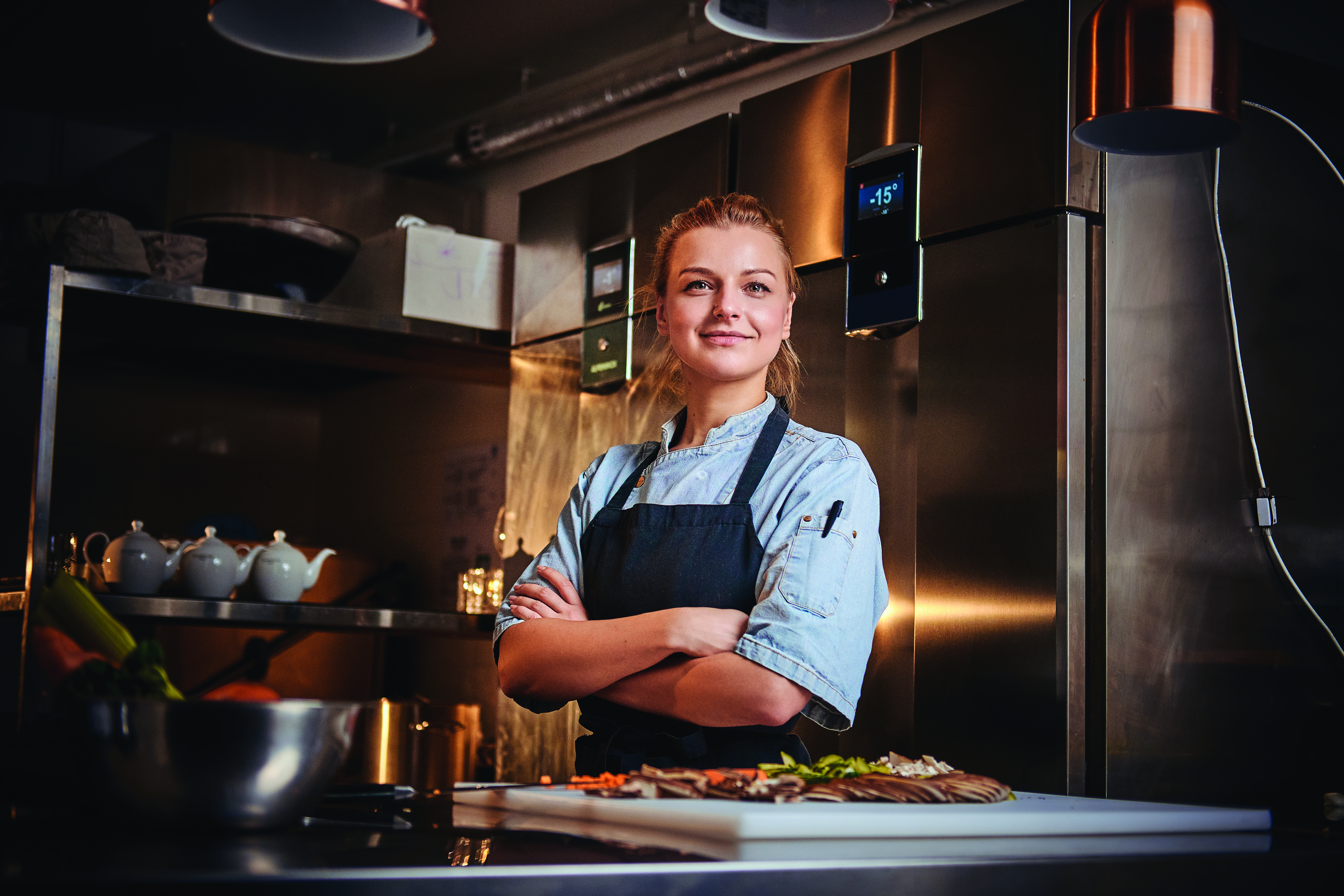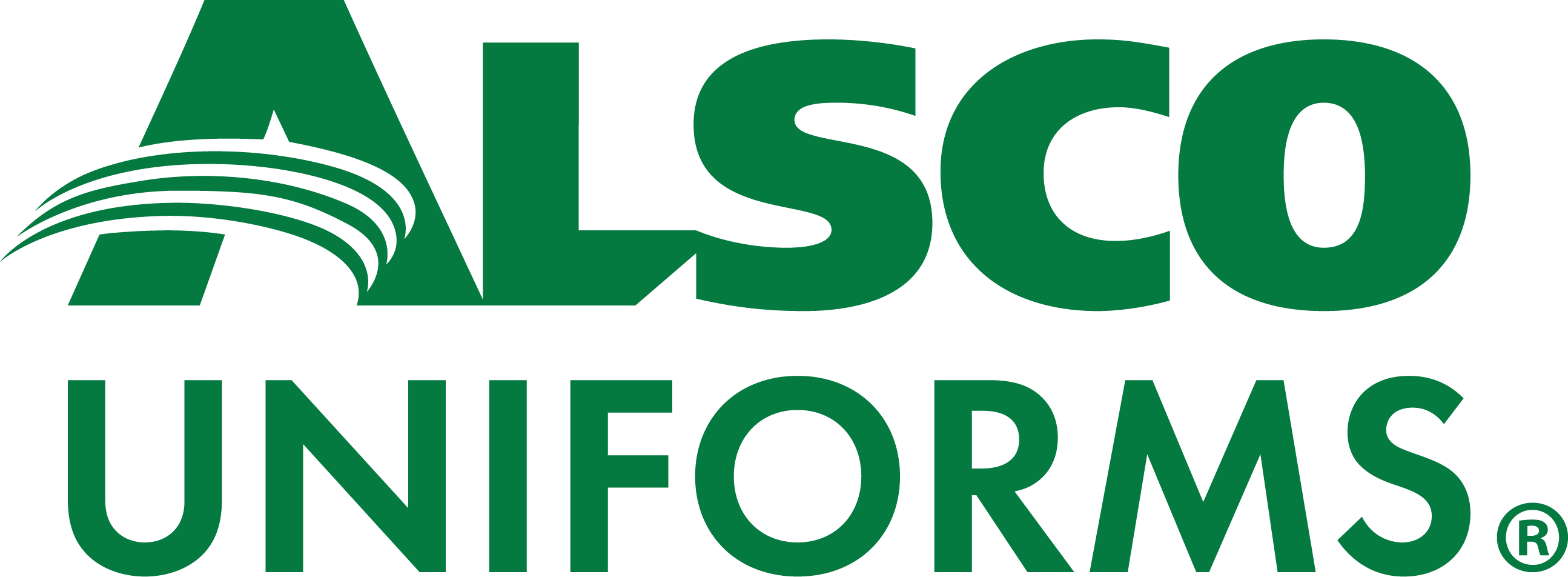
Top-level chefs wear aprons and similar garments in their daily work, so they have perhaps more insight into the best materials than anyone else in the food industry. However, not all chefs agree on the ideal fabric for aprons as they may have different requirements and uses for the item. For example, cotton may be ideal for some chefs because of its soft touch and comfort, but other chefs may prefer a sturdier material like canvas to help prevent burns and other kitchen mishaps.
Determining the best apron material is an individual process that will be influenced by several important factors.
Types of Aprons & Factors to Consider in Determining the Best Apron Material
The optimal fabric for aprons is generally determined by each apron’s intended use and the level of durability, comfort and design desired by each chef as well as environmental factors like the presence of flames or hot liquids in the kitchen. The following are some of the most commonly used apron materials and factors you may want to consider when selecting an apron:
Cotton
Cotton is a popular material for aprons because it is gentle, breathable and generally durable. Cotton is also simple to clean and it is effective in absorbing moisture, making it a good option for general use in the kitchen. Depending on your intended use, cotton aprons can be manufactured from a variety of weights and weaves, from lightweight voile to heavy twill.
Polyester
Polyester is a durable, wrinkle-resistant fabric that can withstand frequent cleaning and drying, making it an ideal material for industrial and commercial aprons with heavy usage. Polyester is highly resistant to stains and fading, which makes it a practical option for duties in the kitchen that tend to be messy, such as baking.
Linen
Linen is a natural, lightweight fabric with a high level of permeability. This material is an excellent option for aprons that are worn in hot or humid environments, such as bakeries and outdoor barbecues. However, linen can also be susceptible to wrinkles, which may require additional care beyond that of materials like cotton and polyester.
Denim
Denim is a heavyweight cotton fabric that offers superior durability and protection compared to many other materials. This strong fabric makes denim a good option for non-food-industry jobs, such as for work aprons worn by carpenters, mechanics and gardeners. Denim is also a fashionable choice for informal or rustic aprons, but it is not commonly used in kitchens or restaurants.
Canvas
Canvas is a sturdy, heavyweight fabric that offers exceptional protection against spills and stains. It is typically used for industrial or work aprons but can be used to create elegant, contemporary and functionalistic kitchen or barbecue aprons.
Is There a Chefs’ Consensus on the Optimal Material?
Ultimately, the optimal fabric for aprons is determined by an apron’s intended use, the degree of protection required and the desired level of style and comfort, so the choice of fabric will be based on your apron’s needs and preferences. However, it is essential to choose a fabric that withstands frequent laundering, provides adequate protection and enhances the apron’s overall appearance.
Therefore, there is no currently known consensus among top chefs regarding the optimal fabric for aprons because each chef has their own preferences based on their cooking techniques and requirements. However, some chefs have revealed their preferences for apron fabrics based on their experience and knowledge:
Michael Voltaggio: The James Beard Award-winning chef Michael Voltaggio favors waxed canvas aprons for their durability and functionality. He appreciates that the canvas aprons can withstand high temperatures and are simple to clean, making them ideal for use in commercial kitchens.
David Kinch: David Kinch, the proprietor of the three-Michelin-starred restaurant Manresa, prefers to use Japanese-style aprons that are made from lightweight and breathable fabrics, like cotton and linen. Kinch suggests that Japanese-style aprons are flexible and comfortable, making them ideal for extended hours in the kitchen.
Massimo Bottura: Three-star Michelin chef Massimo Bottura has collaborated with fashion brands to create aprons made from recycled materials for his personal use. He believes that the use of sustainable materials is crucial for promoting environmental consciousness and reducing waste.
Marcus Samuelsson: Marcus Samuelsson, a James Beard Award-winning chef, has said that he prefers to use aprons that are constructed of denim or other durable fabrics because they are long-lasting, provide adequate protection and can withstand frequent laundering and wear.
How Alsco Can Fulfill Your Specific Needs
The optimal fabric for aprons is ultimately going to be determined by personal preference and your intended use for the garment. Chefs may select different fabrics based on comfort, durability, functionality and sustainability.
Alsco offers aprons and chef jackets in a range of materials. We take care of keeping your uniforms clean and ready for your shift, so you can focus on what’s most important to you: serving your guests delicious meals and providing a pleasant dining experience that will ensure your customers return.
Let us handle the process for you, so you also have clean, fresh and professional aprons on hand for your chefs. Contact us today to learn more about our offerings.
References
The 8 Best Kitchen Aprons, According to Chefs. (January 2023). Food & Wine.
Choosing the Right Material for Your Apron. (2023). Apron Warehouse.
